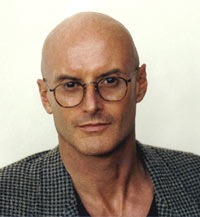Everything Is Interdependent
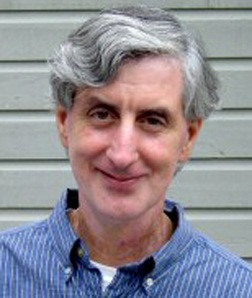
“Each one of us is dependent on others and nature to be. Everything is interdependent…. we are intrinsically and fundamentally related to everyone and everything else.”
–Wayne Teasdale (American Catholic Monk and Proponent of Interfaith Dialogue, 1945-2004)

“The Mystic Hours: A Daybook of Inspirational Wisdom and Devotion” (Wayne Teasdale)
Everyday Enlightenment
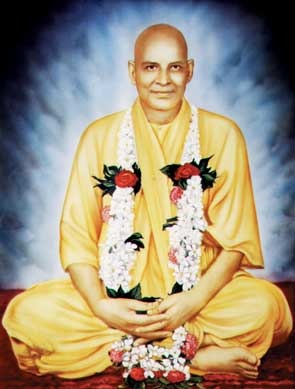
“God realization does not begin in a cave high atop the Himalayas. It begins in the pots and pans of the kitchen. treat all your tasks, however small, as opportunities to see God and serve him.”
–Sri Swami Sivananda (Indian Physician and Spiritual Teacher, 1887-1963)
Living Rightly
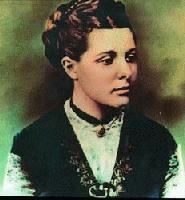
“Never forget that life can only be nobly inspired and rightly lived if you take it bravely and gallantly, as a splendid adventure in which you are setting out into an unknown country, to meet many a joy, to find many a comrade, to win and lose many a battle.”
–Annie Besant (English Social Reformer, Fabian, Theosophist and Leader in the Movement for Indian Independence, 1847-1933)
Kindness
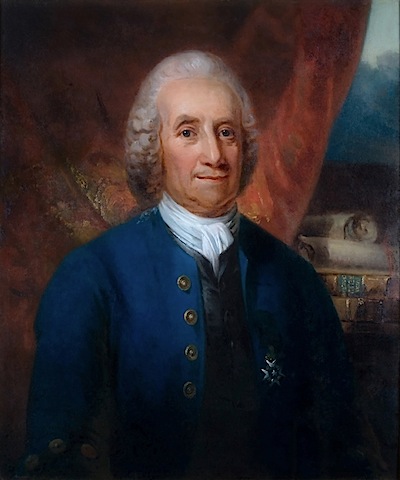
“Kindness is an inner desire that makes us want to do good things even if we do not get anything in return. It is the joy of our life to do them.
When we do good things from this inner desire, there is kindness in everything we think, say, want and do.”
–Emanuel Swedenborg (Swedish Scientist, Mystic and Philosopher, 1688-1772)
Understanding That There Is No Self
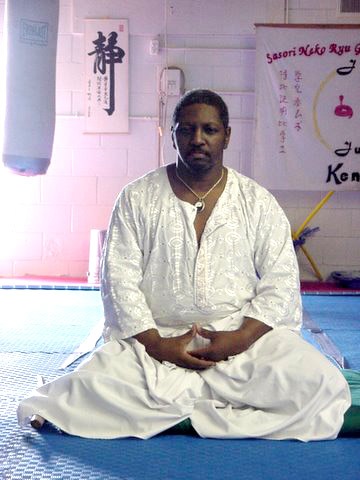
“Enlightenment is first of all coming to understand that there is no self in the conventional sense.
People tend to think of the self as, “Well, I’m the guy who went to this high school and had these parents, and I’m the guy who’s got an accounting degree, and I worked my way through it all and achieved these things.”
Now that’s purely an illusory self that we’re talking about. Enlightenment is coming to understand or experience that there is no objective self-there is a being, but there’s no objective self-and it’s in the process of letting go of that notion that one experiences what one truly is in the universal sense. That’s when enlightenment comes-when you realize that you are not in control. And because of that, you are very much in control.”
–Vernon Kitabu Turner (African American Poet, Martial Artist and Writer, 1948-)
Seeing With New Eyes
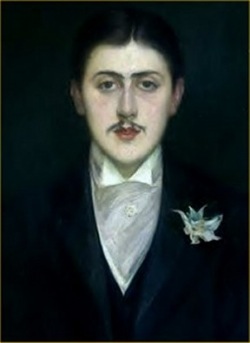
“The voyage of discovery lies not in finding new landscapes, but in having new eyes.”
–Marcel Proust (French Novelist, 1871-1922)
Learning From Experience
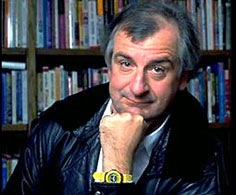
“Human beings, who are almost unique in having the ability to learn from the experience of others, are also remarkable for their apparent disinclination to do so.”
–Douglas Adams (English Writer, 1952-2001)
Health
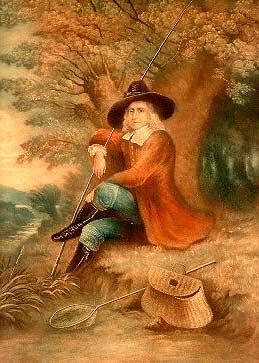
“Look to your health; and if you have it, praise God, and value it next to a good conscience; for health is the second blessing that we mortals are capable of; a blessing that money cannot buy.”
–Izaak Walton (English Biographer and Author of The Compleat Angler {1653}, one of the most frequently reprinted books in English literature, 1593-1683)
I love the quote, but I had to wonder how he felt about the health of all the fishes that he yanked out of their homes….
A Truly Awakened Person
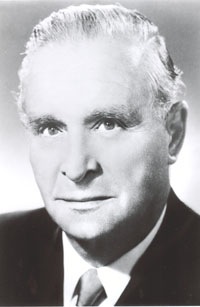
“A truly awakened person is one who freely gives light, life, wisdom, knowledge, encouragement, and the outstretched hand to all with whom he comes into contact….the Divine shines out in him, awakening the aspiration to enlightenment in all those who are able to perceive it.”
–Geoffrey Hodson (English-born New Zealand Theosophist, Mystic, Teacher and Author, 1886-1983)

Mystical Experience and “Peak” Experience
Anyone who has ever had a mystical experience or even a profound “peak” experience, even if it only lasted for a a few seconds, is utterly changed by it.
We are going to have a few things to say about the clear differences between mystical and psychotic experiences, but I just came across this piece in this book by Ken Wilber:
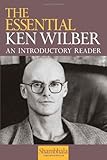
“The Essential Ken Wilber: An Introductory Reader.” (Ken Wilber) I admire Ken’s work greatly. Even when I don’t agree with him!
“Direct experience decisively answers the nagging questions inherent in faith. There are usually two phases of direct experience; peak experiences and plateau experiences.
Peak experiences are relatively brief, usually intense, often unbidden, and frequently life-changing. They are actually “peak experiences” into the transpersonal, supramental levels of one’s own higher potentials.
Psychic peak experiences are a glimpse into nature mysticism (gross-level oneness); subtle peak experiences are a glimpse into deity mysticism (subtle-level oneness); casual peak experiences are a glimpse into emptiness (casual-level oneness); and nondual peak experiences are a glimpse into One Taste. As Roger Walsh has pointed out, the higher the level of the peak experience, the rarer it is. . . .
Whereas peak experiences are usually of brief duration—a few minutes to a few hours—plateau experiences are more constant and enduring, verging on becoming a permanent adaptation. Whereas peak experiences can, and usually do, come spontaneously, in order to sustain them and turn them from a peak into a plateau—from a brief altered state into a more enduring trait—prolonged practice is required. Whereas almost anybody, at any time, at any age, can have a brief peak experience, I know of few bona fide cases of plateau experiences that did not involve years of sustained spiritual practice.”
Ken Wilber (American Philosopher, 1949-)
